What Did Scientists Use To Come Up With A Theory About How The Universe Was Created?
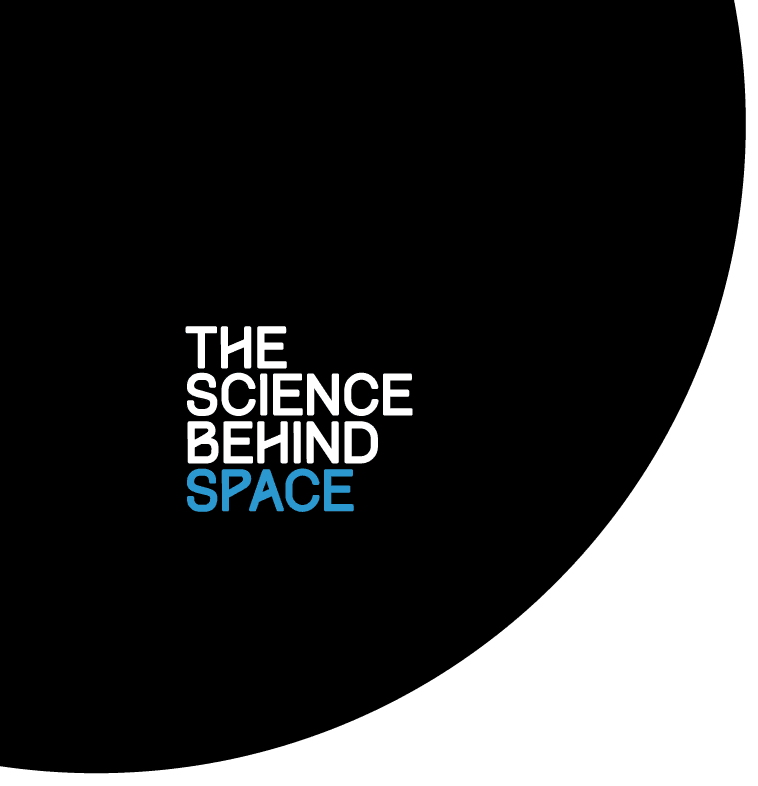

Infinite
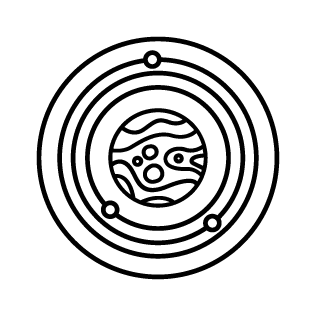
Space
How did the universe begin? How will it end?
Scientists think the universe began with a bang. A big bang. The Big Bang theory (no, not the TV show) is the most widely accepted theory for how the universe started. How information technology will cease…that's a "nighttime" mystery.
Wait, starting time at the beginning. Of everything.
The Big Bang theory says that the universe came into beingness from a single, unimaginably hot and dumbo point (aka, a singularity) more than xiii billion years ago. It didn't occur in an already existing space. Rather, it initiated the expansion—and cooling—of space itself.
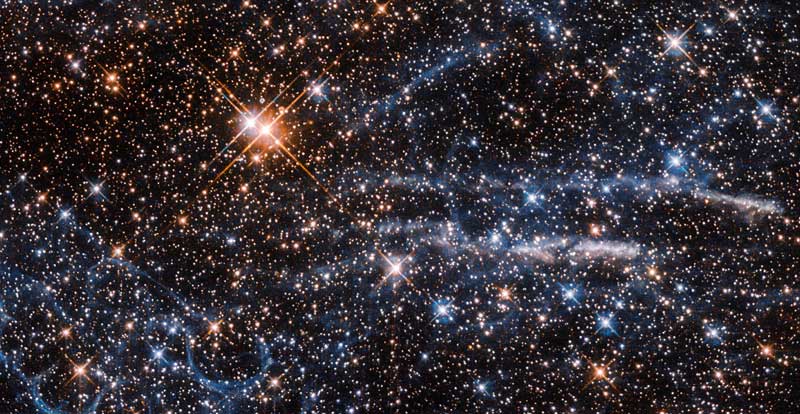
Credit
Credit: NASA, ESA, the Hubble Heritage Squad (STScI/Aura), A. Nota (ESA/STScI), and the Westerlund 2 Science Team
Why stand behind this theory?
It accounts for many of the things astronomers encounter through ground- and space-based telescopes. It explains why other galaxies are moving away from us as space continues to aggrandize. It accounts for a faint glow seen everywhere in the universe. (The glow is the leftover oestrus from the universe's birth, now cooled to just a few degrees in a higher place absolute zero.) In short, information technology's a remarkably powerful and elegant caption of how the observable universe came to be.
Annihilation else?
The theory accounts for the creation of the lightest elements in the universe—hydrogen, helium, and lithium—from which all heavier elements were forged in stars and supernovas. An extension of the Big Bang, known equally cosmic inflation, even explains why the universe is so homogeneous (evenly composed) and how galaxies are distributed across space.
Cosmic inflation? Sounds bad.
Not that kind of inflation. Many features of today'south universe brand sense if space underwent an extraordinary expansion very early on in its history. According to inflation theory, the universe expanded dramatically a tiny fraction of a 2d after the Big Bang, driven past fantastic quantities of energy contained in space itself. Later this period of inflation, the universe continued to aggrandize and cool, merely at a far slower pace.
Inflation stretched space out so apace that it became extremely uniform. But space is non completely homogeneous. Small fluctuations in the density of matter nowadays in the very early universe were massively amplified during inflation. These density fluctuations eventually created the large-scale structure of the universe, including great sheets, bubbling, and clusters of galaxies.
That'southward the offset. What about how the universe will end?
The concept of a Large Blindside doesn't bespeak whether the universe will continue to expand and cool or whether information technology volition eventually contract to another super-hot singularity, perhaps restarting the entire cycle. The ultimate fate of the universe likely depends on the properties of two mysterious phenomena known as dark matter and dark energy. Further study of both could reveal whether the universe will end in burn down—or ice.
Like a history book of galaxies, this NASA video starts with a view of the thousands of galaxies in the Hubble Ultra Deep Field, and then slowly zooms out to reveal the 265,000 galaxies in the larger Hubble Legacy Field. Based on observations from the Hubble Infinite Telescope, the galaxies shown hither stretch dorsum through 13.3 billion years of fourth dimension to merely 500 meg years after the Big Blindside. Credit
Credit: NASA, ESA, G. Illingworth (University of California, Santa Cruz) and Thousand. Salary (STScI)
Dark what now?
All familiar matter—Globe, the rest of the solar arrangement, stars, galaxies, and interstellar gas—accounts for merely about one-sixth of the mass of the universe. Scientists can see the effects of the residual of the universe's mass, which they telephone call dark matter. Its presence in galaxies makes them rotate more than rapidly than if only normal affair were there, and loftier concentrations of it noticeably bend low-cal coming from far abroad. But its nature remains a mystery.
So what is it?
Night matter may consist of uncomplicated particles created in the Big Bang just not still detected on World. One reason physicists want to build more powerful particle accelerators is to search for these missing particles.
Fifty-fifty more mysterious than nighttime matter is a force known equally dark energy.
Why do I hear Darth Vader breathing?
This isn't science fiction. Observations of distant supernovae suggest that infinite is permeated by an energy—called nighttime free energy—that pushes objects apart, simply as two positive electric charges repel each other. This mysterious entity, which accounts for more than 70% of the free energy content of the universe, may exist related to the energy that acquired inflation.
But today virtually nothing is known nigh what dark free energy is or how it exerts its furnishings on matter. Explaining information technology may require entirely new concepts of space and fourth dimension.
How have astronomers learned most the early universe?
When astronomers expect through a telescope, they are looking dorsum in time. They see the Andromeda milky way, the nearest major galaxy to ours, not as it is today but as it was more than than ii million years ago, considering that's how long information technology has taken the milky way'due south light to travel through infinite to World.
Other galaxies are much farther away in space and fourth dimension. The Hubble Space Telescope can come across galaxies that are more than than 13 billion years one-time and formed non long after the Big Bang. Observations have been made of the cosmic microwave background, the faint glow left over from the Big Bang, that aid to get a picture of what the early universe was like, especially earlier those first stars formed.
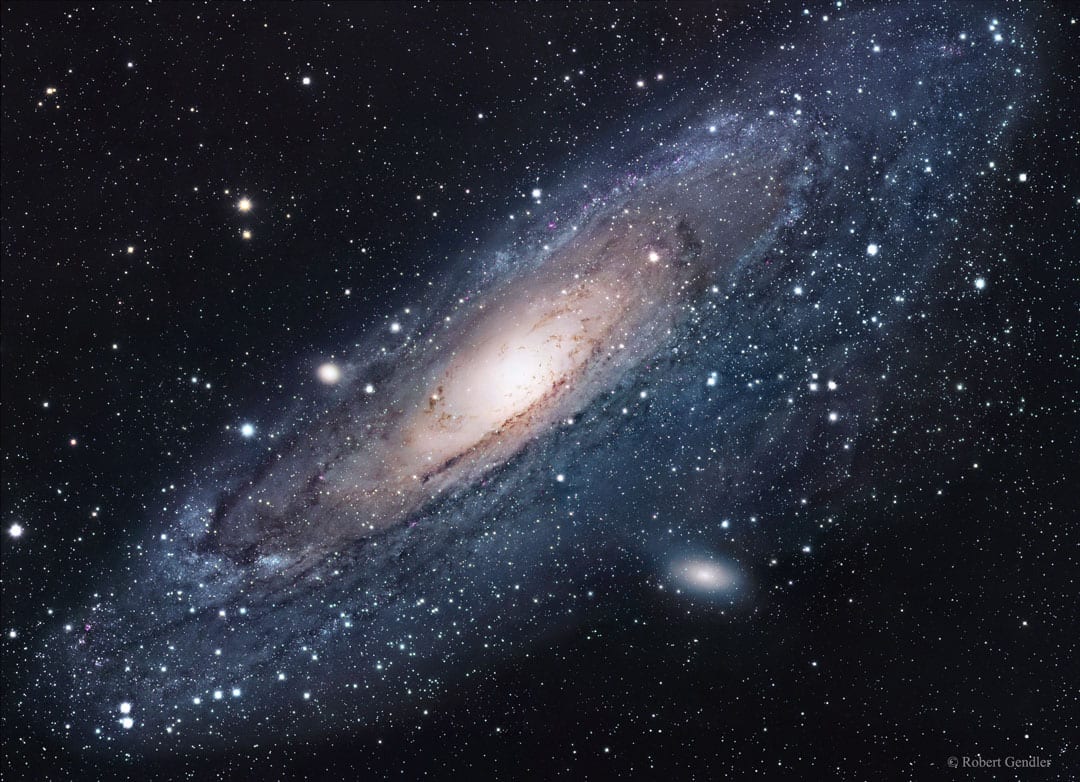
Andromeda Galaxy—our nearest neighbour. Credit
Credit: © Robert Gendler
Where do we go from here?
Astronomers are now planning a suite of new space- and footing-based telescopes and smaller-scale equipment and research. With these tools, they plan to report dark matter and nighttime energy, the blackness holes at the eye of galaxies, the formation of planets like Earth effectually other stars, and many other aspects of our amazing universe.
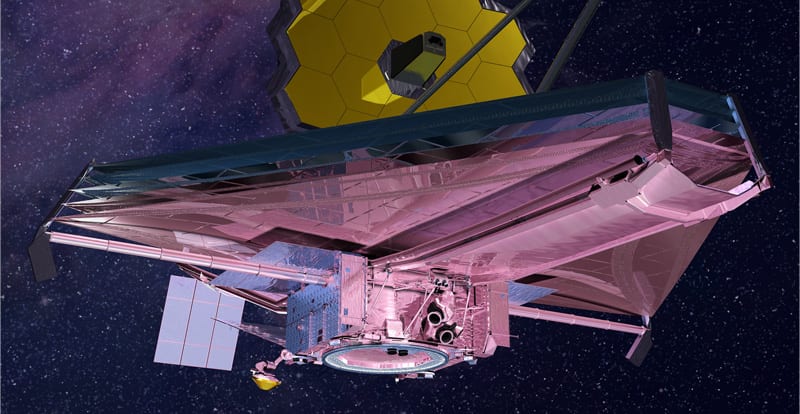
An artist'due south rendering of i of NASA's new telescopes—the James Webb Space Telescope. When information technology launches in 2021, it will use powerful infrared vision to peer into the deep universe. Credit
Credit: Northrop Grumman
Know it all? Prove it.
What Did Scientists Use To Come Up With A Theory About How The Universe Was Created?,
Source: https://thesciencebehindit.org/how-did-the-universe-begin-how-will-it-end/
Posted by: smileytheighty.blogspot.com


0 Response to "What Did Scientists Use To Come Up With A Theory About How The Universe Was Created?"
Post a Comment